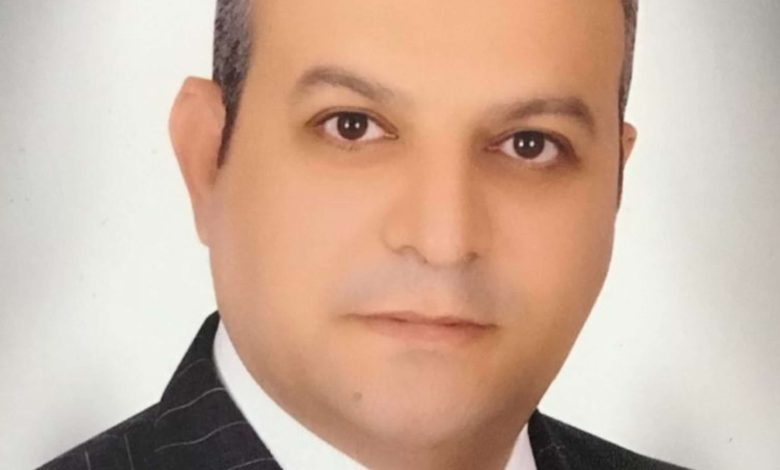D. Ahmed Kamal warns of the spread of electronic betting sites and their devastating impact on young people

Dr. Ahmed Kamal Ibrahim, a consultant in communication, behavioral modification, and psychological and family counseling, stated that the spread of electronic betting sites in Egypt is witnessing a worrying increase, which poses a serious threat to the future of the younger generations.
He explained that this phenomenon is not limited to its psychological and social damage, but rather extends to serious economic effects, as many young people pay huge sums of money in search of imaginary gains, which leads them to serious financial problems that may lead to committing crimes to finance their addiction.
Dr. Ahmed Kamal pointed out the negative effects of these sites, saying: “Betting causes damage to the mental health of young people, such as depression, anxiety, and social isolation, in addition to its negative impact on family relationships and friendships. It also leads to a deterioration in financial conditions due to falling into debt and poverty.”
Another negative effect is that electronic betting may lead to a feeling of failure, helplessness and frustration in the event of a loss, which affects the behavior of the teenager or child and makes his behavior more inclined to violence and aggression, whether verbally, physically or socially. The matter may also develop into psychological disorders in teenagers and children.
Dr. Ahmed Kamal called on the concerned authorities to develop effective plans to confront this phenomenon, by enacting strict laws against these websites, tightening censorship, and intensive awareness campaigns targeting young people and their families, while providing treatment programs for those addicted to these websites, in addition to strengthening the role of the family and school in protecting them. Young people are prevented from falling into the clutches of this scourge, the tightening of penalties on those who practice betting, and the cooperation of various governmental and private agencies to combat this phenomenon.
Dr. Ahmed Kamal also pointed out the danger of electronic games that cause addiction among young people, which leads to the deterioration of social relationships, a decline in academic achievement, and the occurrence of health problems such as obesity and sleep disorders.
He stressed the need to provide healthy alternatives for young people to spend their leisure time, such as practicing sports and cultural activities, with the importance of the family communicating with its children and making them aware of the dangers of these phenomena.
Dr. Ahmed Kamal pointed out that treating addiction to electronic games and betting requires the combined efforts of the family, school, and community, in addition to psychological and behavioral treatment. The most important of these methods is identifying the problem. Family and friends must help the website addict realize and acknowledge his problem, then develop a treatment plan. Comprehensive, including setting permissible times for play, providing alternative activities, and psychological treatment.
Psychological support must be provided to the digital addict to help him overcome negative feelings, anxiety, and depression, and behavioral therapy methods must be used to change addictive behaviors and replace them with healthy behaviors.
Dr. Ahmed Kamal recommended steps to treat gaming and betting addiction, which include setting specific times for playing and avoiding playing for long periods. Alternative activities must also be provided such as exercising, reading, and meeting with friends. The family must communicate with their children on an ongoing basis, pay attention to their daily lives, and raise awareness of the dangers of gaming. Young people must be made aware of the dangers of electronic games and betting sites.
Dr. Ahmed Kamal concluded his speech by emphasizing the importance of uniting the efforts of the family, society, and concerned parties to confront this phenomenon and protect young people from its dangers, to preserve their psychological health and their future.




